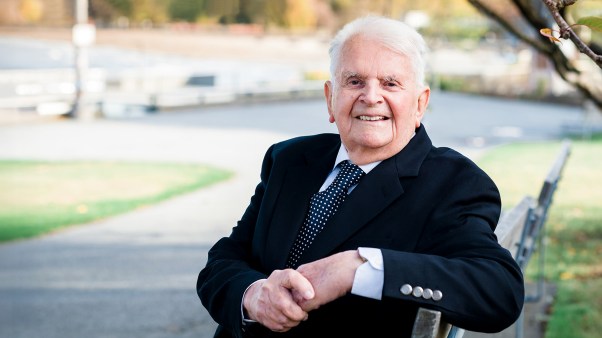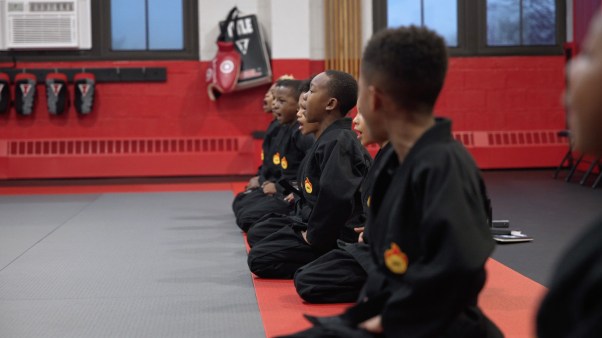Few think of Cambodia as a source of inspirational leadership. The Southeast Asian country has been plagued by poverty, war, and corruption for decades. But since the fall of the Khmer Rouge, whose genocidal reign was depicted in the 1984 film The Killing Fields, the church in Cambodia has been slowly growing and making an impact. We spoke with Dr. Kent Copeland, an American physician working with church planters in Poipet, Cambodia, about the challenges of ministry in such a place.
Poipet has been called the “Wild West” of Cambodia. What’s the city like?
It’s full of vices like prostitution, drugs, and gambling. Most disturbing is the child sex industry. A person can literally buy a child on the street for $25 and take them across the border into Thailand. And of course there is a lot of violence. For example, one murderer killed and robbed over 100 taxi drivers a few years ago. When the police apprehended him, to ensure that justice was done, a gang of taxi drivers took him from the police, beat him badly, tied him with a rope to the back of a moto (motorcycle taxi), and dragged him through town. It’s a very tough place.
How does a church function in that kind of environment?
We belong to a small community of Christians in the ghetto called Peace Village. The church has 35 people and meets in a tiny tin shack, but they have a real passion for their neighbors. One man in the church owns a motorcycle with a sidecar. He takes people to the hospital 50 kilometers away—a service most drivers in Poipet charge for. But he doesn’t, and he’s very poor. He’s lucky to make $2.50 a day.
He told the community, “If you need to go the hospital and you don’t go, don’t blame the church because I’m here for you.” These are the kinds of people at Peace Village. And they’re having an impact. They function by caring for each other and loving their neighbors.
How essential is compassion ministry there?
I think it is important, but my mission is always to help the pastor. We are very careful about creating “rice bowl Christians” by using medicine to bribe people into the church. On the other hand, it’s wonderful seeing people who have been served medically, who never would have darkened the door of a church, coming in, being saved, and being discipled. But the church started before I was here, and it will continue long after I am gone.
What have you learned about doing ministry in Cambodia that applies in North America?
I will always be a foreigner no matter what I do or how long I am here. I’ve realized the importance of having an insider who can be a bridge for me. Pastor Soeuth Lao, who is a Cambodian American, serves that function for me.
As America becomes less homogeneous, especially in our big cities, this applies as well. Pastors may have many different cultures represented in their pews. And if they can find an insider who can understand both cultures, and if they can really trust that person, it makes a huge difference. It makes ministry happen.
How do you not become discouraged in ministry when facing such enormous obstacles?
I don’t get discouraged about the larger city—I believe in the significance of mustard seeds. I know our little team will never change Poipet. But our excitement comes from being part of God’s larger vision. He was at work here before us, and he will be at work long after we’re gone. We may not transform the whole city, but if we are being faithful in the small part that God has called us to do, then we are content. And right now that small part is reaching the hurting lost around us.
Copyright © 2005 by the author or Christianity Today/Leadership Journal.Click here for reprint information on Leadership Journal.









